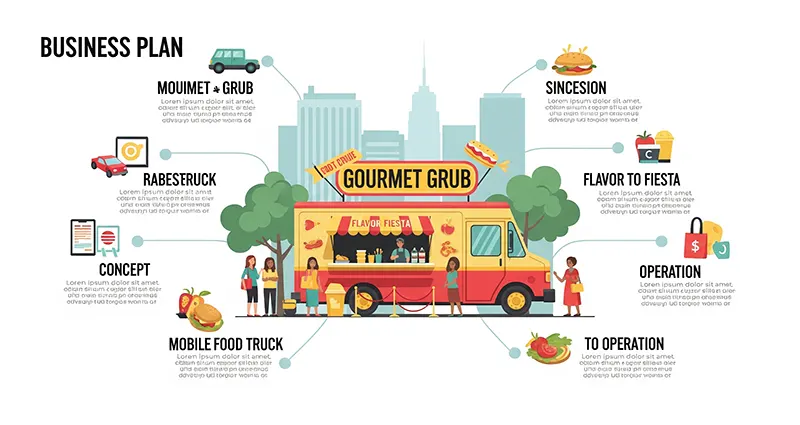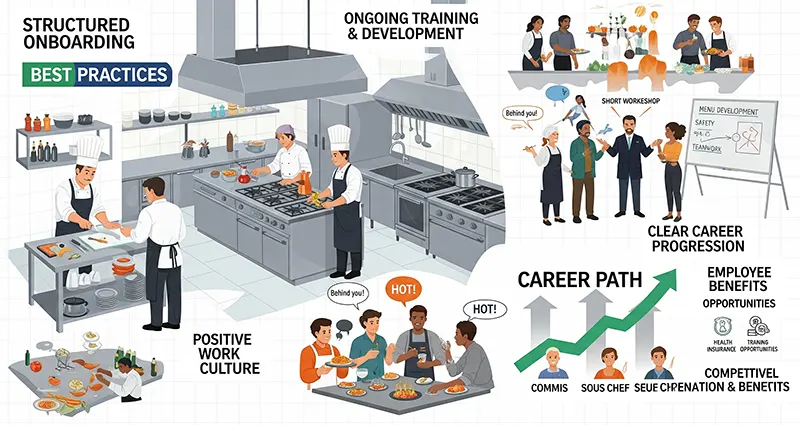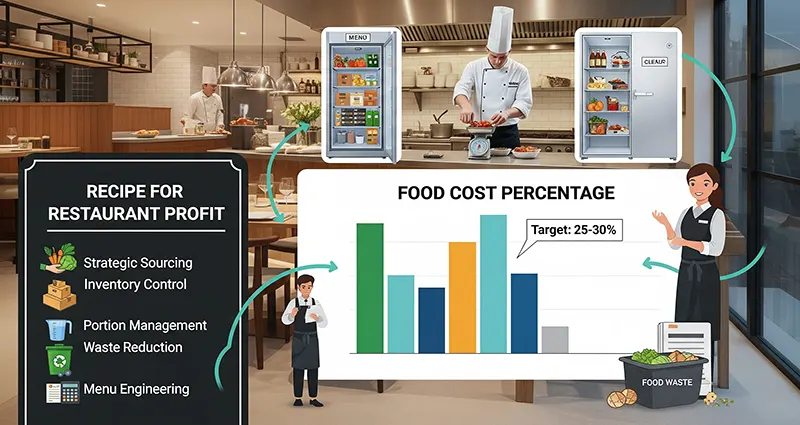From Wheels to Meals: A Business Plan Template for a Mobile Food Truck
Starting a food truck is a dream for many aspiring entrepreneurs—it offers the creative freedom of a restaurant without the immense overhead of a brick-and-mortar location. However, a passion for food is only part of the recipe for success. A well-structured business plan is the blueprint that will guide you from a great idea to a thriving mobile eatery. This template outlines the key components you need to research, plan, and present to potential investors or lenders.
[Your Food Truck Name] Business Plan
1. Executive Summary
- Business Concept: Briefly describe your food truck, your menu, and your unique selling proposition (USP). What kind of food will you serve? What sets you apart from the competition?
- Mission Statement: A short, powerful statement that defines your purpose and values.
- Financial Highlights: A snapshot of your key financial projections, including start-up costs, projected revenue for the first one to three years, and your












